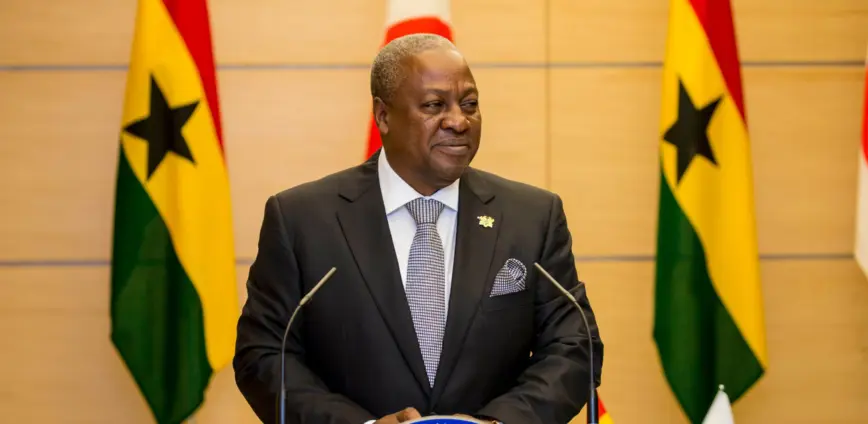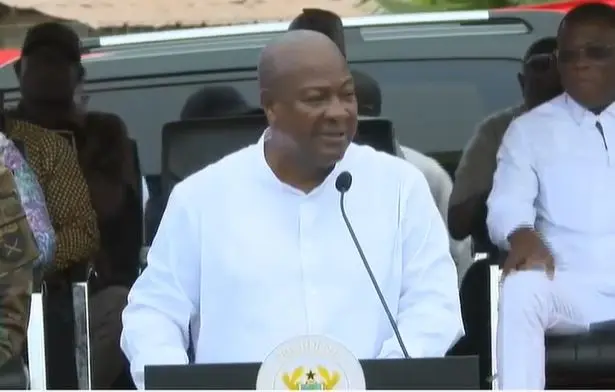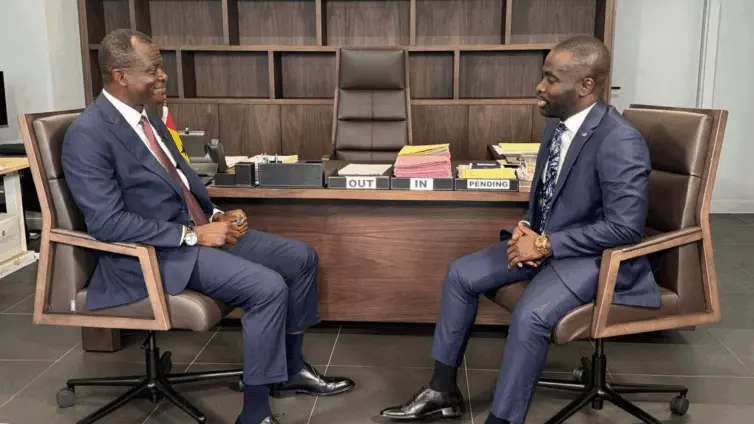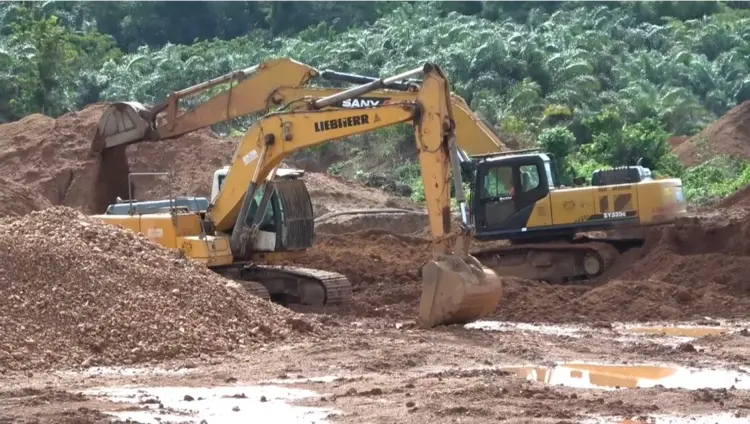The whispers began subtly, then grew into a murmur, and now a full-fledged debate echoes across Ghana: Will President John Dramani Mahama seek a third term? This speculation has ignited a national conversation, prompting citizens, political analysts, and even members of his own party to consider the ramifications for the nation’s democratic trajectory. Following his return to power in 2024, President Mahama’s administration has been met with a wave of positive sentiment, setting the stage for profound questions about his legacy. This article will delve into the intricate implications of a potential third-term bid for the Mahama Legacy, examining its potential impact on Ghana Politics, the nation’s democratic future, and the diverse perspectives within his own party regarding a third term.
The Allure and Apprehension of a Mahama Third Term
The proposition of extending President Mahama’s tenure beyond the constitutionally mandated limits is fueled by a complex interplay of economic factors and public sentiment. There’s no question that since assuming office, his administration has taken bold steps to address key economic challenges. “Since assuming office, his administration has taken bold steps to address key economic challenges. The Ghanaian cedi has seen a marked appreciation against major foreign currencies since April 2025. This alone has brought relief to the majority of Ghanaians,” one source noted. This economic stability has undeniably contributed to a surge in public approval, drawing comparisons to the era of former President John Agyekum Kufuor, known for his own period of economic prosperity.
However, the specter of a potential third term has also been stoked by the actions of the Constitutional Review Committee. While there has been no official declaration from President Mahama himself regarding any intention to seek an extension, the committee’s activities have inadvertently fueled the rumor mill. The very existence of this speculation, regardless of its veracity, has the potential to erode public confidence in the integrity of Ghana’s democratic institutions.
Dissent Within the NDC: A Generational Shift?
Beneath the surface of public approval, a different narrative is unfolding within the ranks of the National Democratic Congress (NDC). While many remain loyal to President Mahama, a growing number of party members are quietly advocating for a generational change in leadership. These emerging voices argue that 2029 presents an opportune moment for Mahama to pass the baton to a new generation of leaders, allowing him to transition into the role of an elder statesman and advisor, guiding the party from a position of experienced wisdom.
The Risks of Overreach: Tainting a Legacy
The pursuit of a third term, however tempting, carries considerable risks. It could potentially alienate a significant portion of the Ghanaian electorate, as well as fracture unity within the NDC itself. Such a move could irreparably damage Mahama’s image, reversing the goodwill he has painstakingly cultivated over the past few years. The choice before him is stark: to be remembered as the leader who rescued Ghana’s economy or to be perceived as a politician prioritizing personal ambition over the principles of democratic governance.
Ghana’s Democratic Journey: A Call for Statesmanship
Ghana has long been lauded as a beacon of democracy in West Africa, distinguished by its commitment to peaceful transitions of power and its steadfast adherence to constitutional term limits. President Mahama, with his extensive experience in Ghanaian politics, is acutely aware of this legacy. The year 2029 offers him a unique opportunity to solidify his place in history by gracefully exiting the political stage, further cementing Ghana’s reputation as a stable and mature democracy.
The Elder Statesman: A Path to Lasting Influence
Beyond the presidency, President Mahama has the potential to exert a lasting influence on Ghana. As an elder statesman, he could dedicate himself to mentoring the next generation of leaders, shaping crucial policy conversations, and supporting initiatives that promote good governance and national unity. “True greatness, after all, is not only measured by what one accomplishes in office but also by the sacrifices made for the greater good,” a close advisor stated, reflecting on the possible future role. By embracing this role, Mahama can transcend the limitations of political office and become a unifying force, a respected voice of reason, and a true national icon.
Conclusion
The decision facing President Mahama is one of profound consequence. A third-term bid could irrevocably alter his legacy and cast a shadow over Ghana’s future. Conversely, by stepping aside in 2029, he has the opportunity to cement his place in history as a true statesman, a leader who placed the interests of his nation above personal ambition. President Mahama has a unique chance to end his public service on a high note, leaving behind a legacy of economic stability, democratic consolidation, and national unity. To do otherwise would be to gamble with history.
Image Source: MYJOYONLINE






















